SUMMARY
This is AI generated summarization, which may have errors. For context, always refer to the full article.
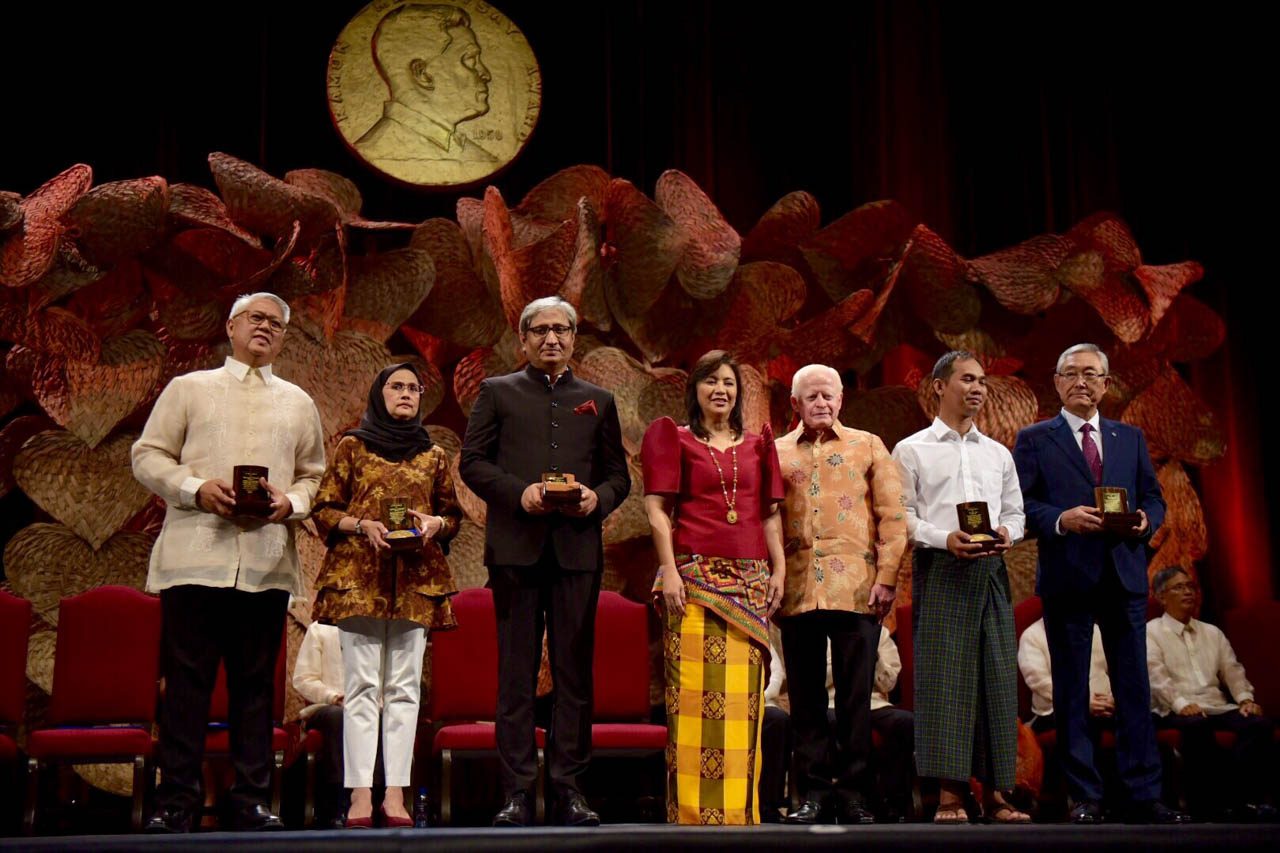
MANILA, Philippines – The Ramon Magsaysay Award Foundation (RMAF) officially conferred Asia’s highest honor to this year’s 5 awardees on Monday, September 9, at the Cultural Center of the Philippines.
The 2019 Ramon Magsaysay awardees – the foundation’s 61st batch – are being recognized for their “powerful sense of personal commitment” and their ability to rise “above fear, limitations, opposition, setbacks, and their uncompromising conviction about the fundamental dignity of everyone,” according to RMAF chairperson Jose Cuisia.
The 5 awardees this year are: South Korean anti-bullying advocate Kim Jong-ki, Burmese journalist Ko Swe Win, Indian journalist Ravish Kumar, Thai human rights defender Angkhana Neelapaijit, and Filipino musician Ryan Cayabyab. (READ: Ryan Cayabyab, 2 journalists among 2019 Ramon Magsaysay awardees)
They join a long list of over 300 awardees from other Asian countries.
The Ramon Magsaysay Award, established in 1958, is given to persons who address issues of human development in the region “with courage and creativity, and in doing so have made contributions that have transformed their societies for the better.” It is regarded as Asia’s equivalent of the Nobel Prize.
“We need good news in these times of overwhelming conflict. The good news of Asia needs to be celebrated and widely shared,” Cuisia added.
Here are this year’s Ramon Magsaysay Awardees and a few words they shared with the audience during the Monday ceremony:
Kim Jong-ki, South Korea
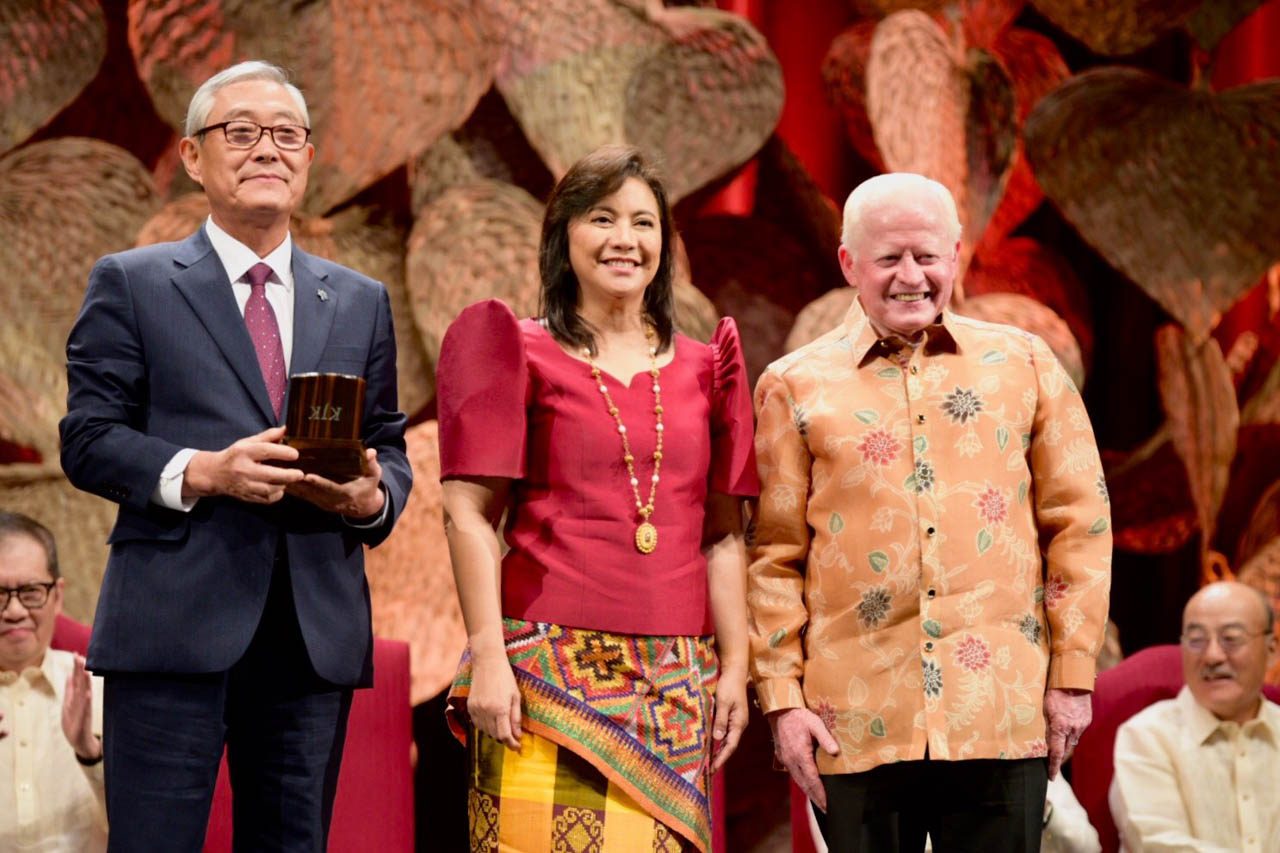
After his own son committed suicide, Kim established the Foundation for Preventing Youth Violence (FPYV), which addresses school violence as a systemic social problem affecting students, families, school, and the community. For years, FPYV lobbied for government policy that would address the problem, until in 2004, a law on Prevention and Handling of School Violence was finally passed in South Korea.
During the Monday ceremony, he said: “[When] I lost my beloved son …suddenly, I became the most miserable father in the world. Wishing for forgiveness from my son and taking responsibility for his death, I left my old job [as a businessman] and started an organization providing counselling for families and students.”
“School violence perpetrators and victims are getting younger. We have to gather all our wisdom and efforts to protect our children,” he added.
Ko Swe Win, Myanmar
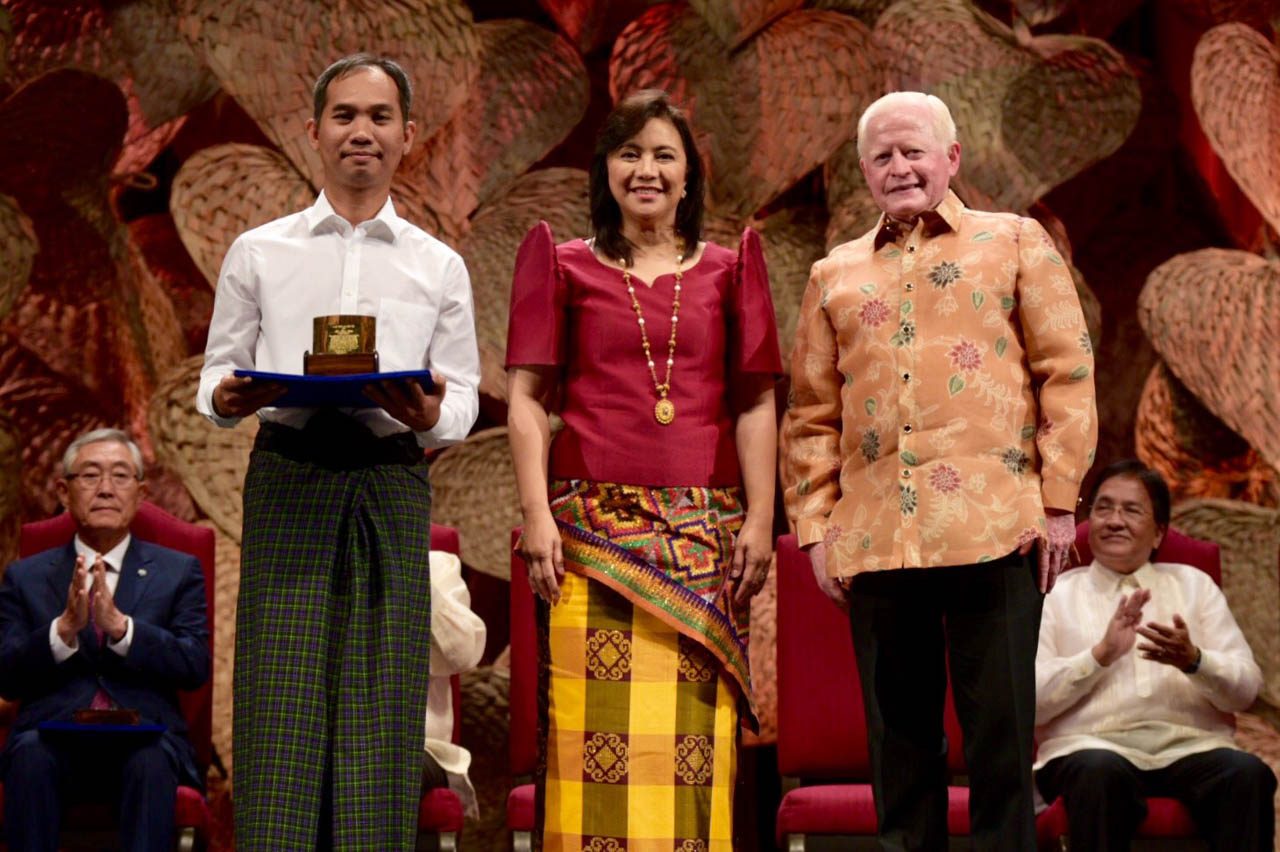
Swe Win is the editor-in-chief of online news outlet Myanmar Now, which specializes in investigative news reports in English and Burmese. Swe Win has criticized powerful, ultranationalist Buddhist monk Ashin Wirathu, who has rejected the stateless Rohingya as illegal immigrants and has spread hate speech against human rights activists. For this, Swe Win faced defamation charges brought by a follower of the ultranationalist monk in 2019. The case has since been dropped for the complainant’s failure to appear in court hearings.
He has also written extensively about prison labor camps in Myanmar, as well as domestic abuse and slavery in Yangon’s Kyauktada Township.
Upon receiving the award, Swe Win said that vital journalism is “the kind of journalism that seeks the truth, that protects the fundamental rights of human beings, that is driven not by animosity but by great compassion for the most unfortunate communities and individuals in society.”
Ravish Kumar, India
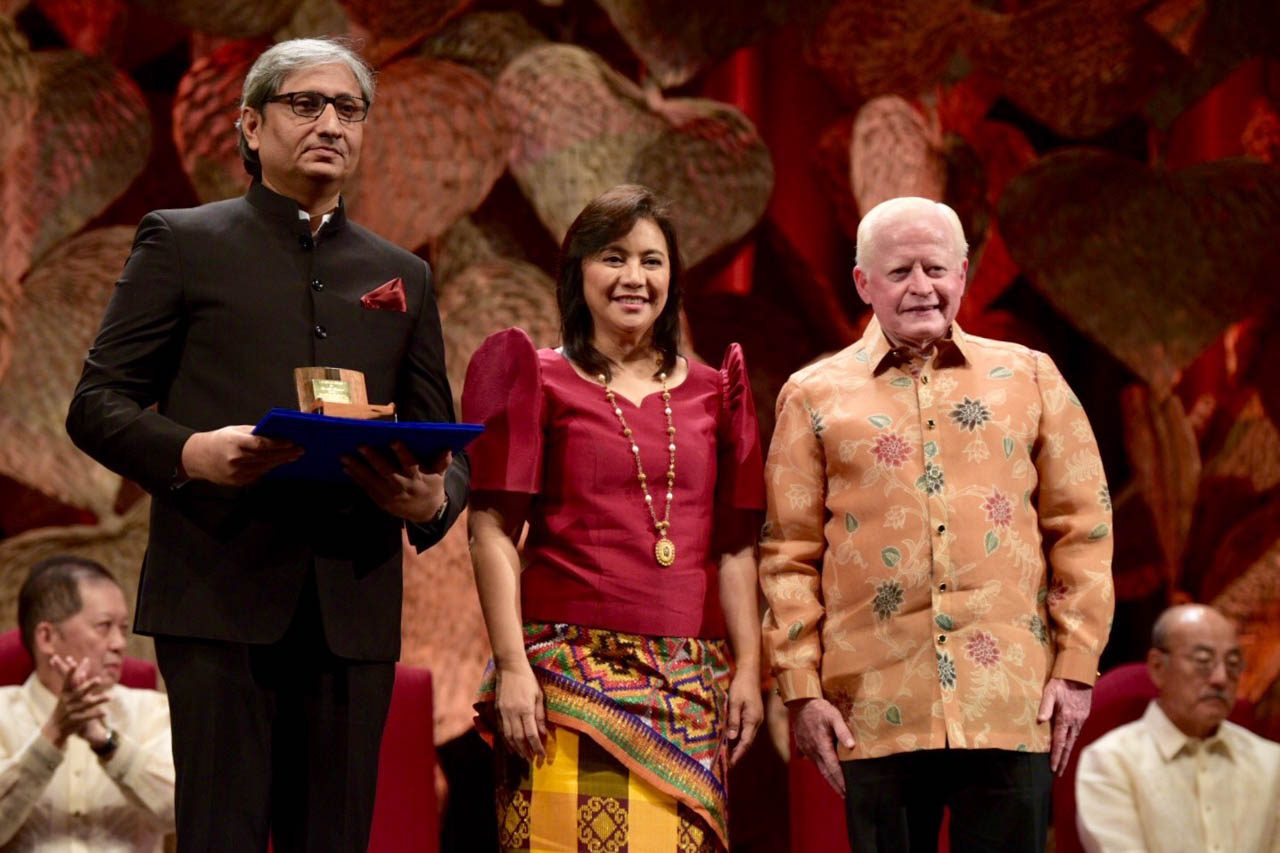
Kumar is the senior executive director of the New Delhi Television Network (NDTV). He joined NDTV, one of India’s leading television networks, in 1996, and made his way up from being a letterboy and field reporter.
His NDTV program, Prime Time, discusses under-reported problems of Indian society, such as the lives of manual scavengers and rickshaw-pullers, the plight of government employee, underfunded state schools, among others.
On Monday, Kumar lamented the state of Indian journalism, saying it is in “a state of crisis.” He also said that it is about time that we recognize not only economic inequality, but knowledge inequality as well. “I hope that audiences will again realize that a democracy can thrive only as long as its news is truthful,” Kumar said.
Angkhana Neelapaijit
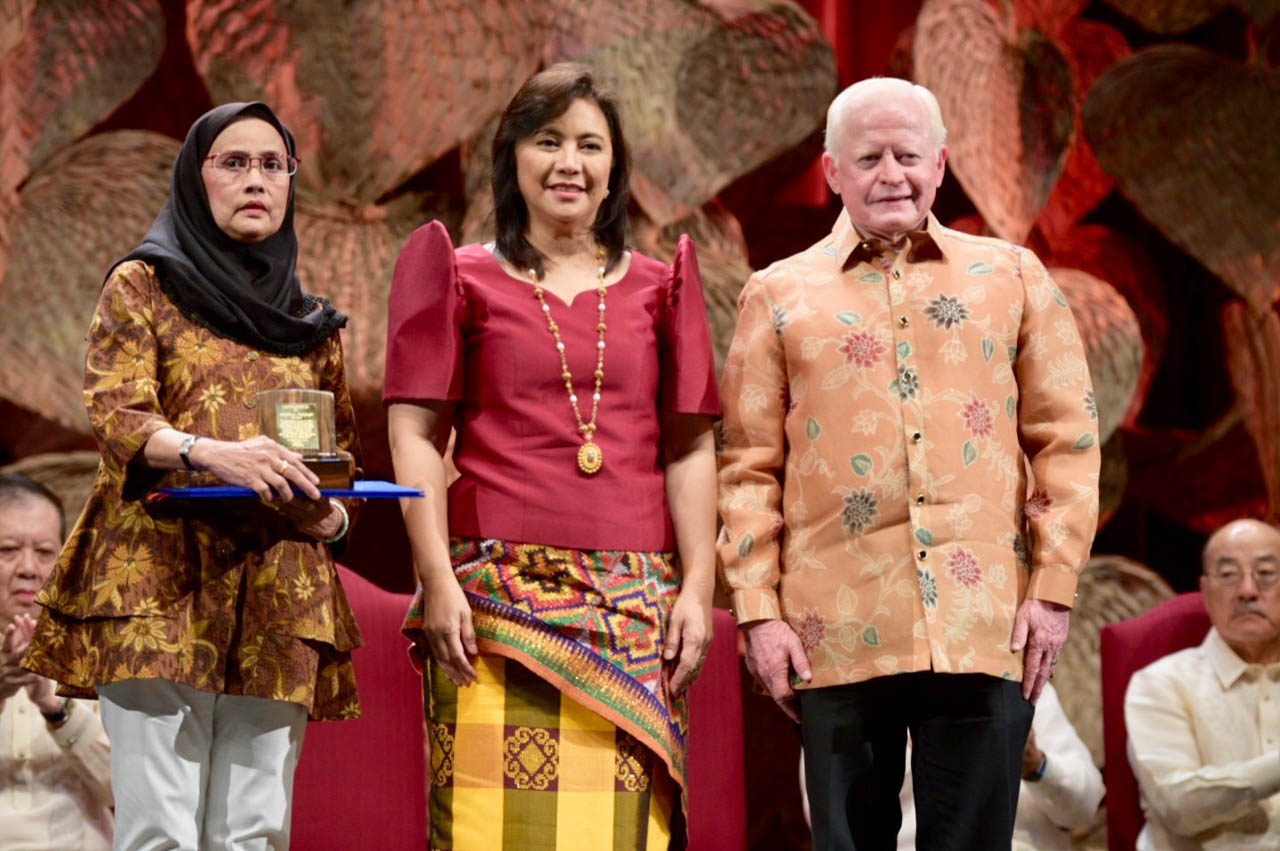
Before her husband, a human rights lawyer, was disappeared in 2004, Neelapaijit described herself as a simple housewife who would stay at home to take care of their 5 children. After the family tragedy, she channeled her efforts into fighting for victims of human rights violations, especially in her home region of southern Thailand.
In 2006, Neelapaijit founded the Justice for Peace Foundation (JPF), a network of human rights and peace advocates that documents the human rights situation in southern Thailand. The foundation also helps provide legal assistance to victims of human rights violations and trains women on human rights and the peace process.
In 2015, Angkhana was named commissioner of the National Human Rights Commission of Thailand. Her term ended just in July 2019, but she said that “there is no doubt I will remain involved in human rights advocacy.”
For her, the award “represents a continuing struggle. This means that the voice of victims should be heard.”
Ryan Cayabyab, Philippines
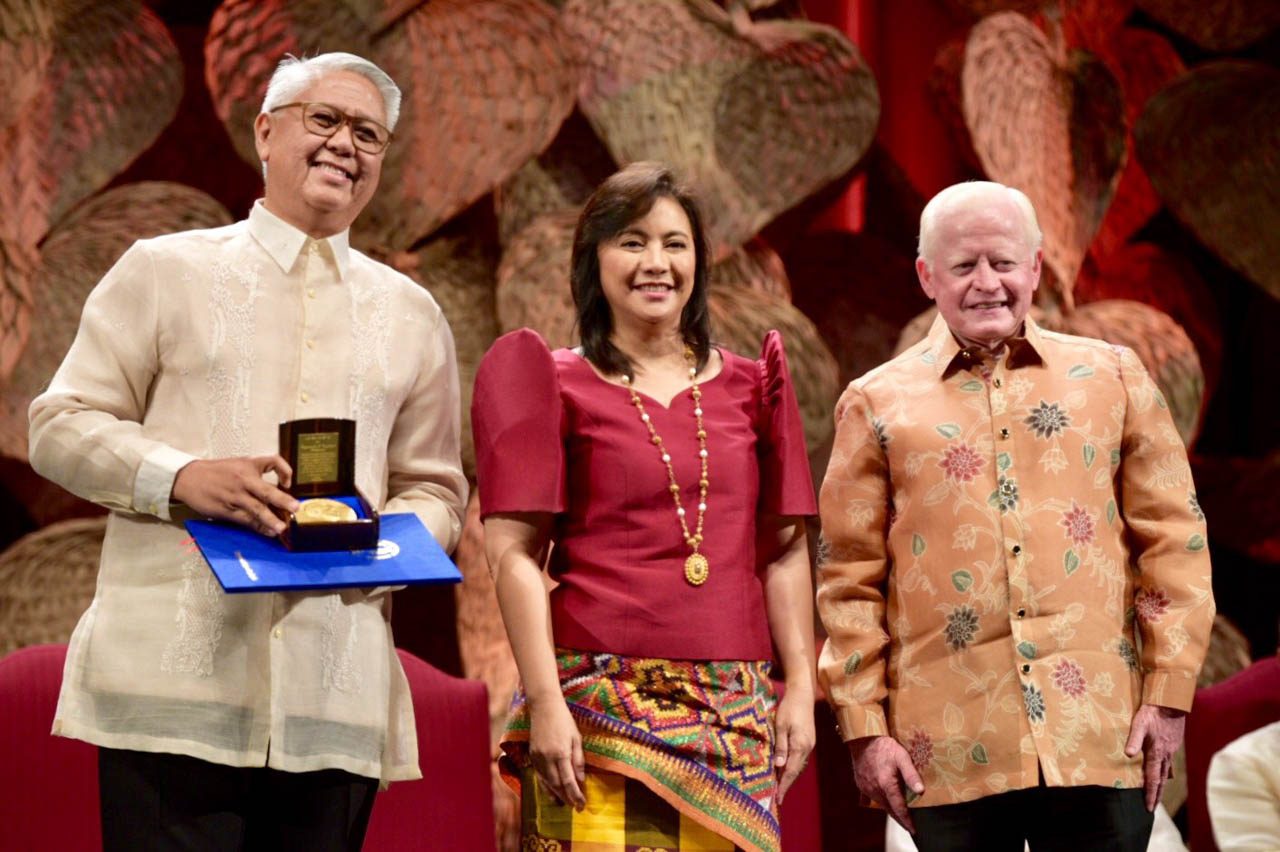
The Philippines’ own Mr. C also received the award on Monday.
The 65-year-old Cayabyab started writing music in the 1970s, getting his break when his song “Kay Ganda ng Ating Musika (How Beautiful is Our Music)” won the grand prize in the first Metro Manila popular music festival in 1978 and in an international song festival in South Korea in the same year.
He has had a stellar career in music since, writing music, conducting, and performing in many places in the Philippines and abroad. In 2018, Cayabyab was proclaimed National Artist of the Philippines for his contribution to Filipino music. (LISTEN: 8 popular Ryan Cayabyab songs)
Also an educator, Cayabyab is the president of The Music School of Ryan Cayabyab and served as a professor for the Department of Composition and Music Theory at the University of the Philippines in Diliman. It was when he started teaching, he said, that he eventually found his ultimate passion. “I like teaching, I like sharing what I know, and I like playing music. When I’m doing all of these, I’m very happy,” Cayabyab said.
“Teaching can transform lives. I want [my students] to be better than me. [I want] to enable the new generation of songwriters to be better than our generation, so our music can move forward and thus bring the entire music community to great heights,” he added. – Rappler.com
Add a comment
How does this make you feel?
There are no comments yet. Add your comment to start the conversation.